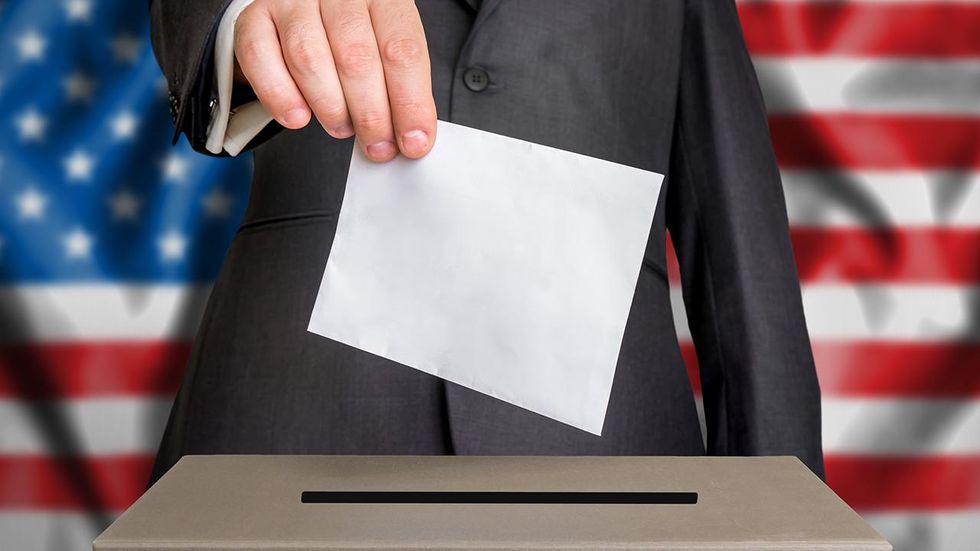
Democrats hold a huge lead – 12 million – in states that require party registration, and that could be significant in the upcoming mid-term elections. (andriano_cz/Getty Images)

Democrats hold a huge lead – 12 million votes – in states that require party registration, according to the Sabato's Crystal Ball newsletter published by the University of Virginia’s Center for Politics. And that could be a key factor in whether the party takes control of the House and Senate during the upcoming midterm congressional elections, the report stated.
A total of 31 states require party registration and of those, 40 percent are Democrats. Additionally, 29 percent are Republicans and 28 percent are independent. In other states, voters register without reference to party, according to the report.
The so-called party registration states include some of the most populous: California, New York Florida, North Carolina, Pennsylvania, New Jersey, Arizona, and Massachusetts.
The report noted that the figures are significant because Republican Donald Trump reached his victory in 2016 through party registration states.
“He scored a near sweep of those where there were more Republicans than Democrats, winning 11 of the 12, while also taking six of the 19 states where there were more Democrats than Republicans — a group that included the pivotal battleground states of Florida, North Carolina, and Pennsylvania,” according to the report.
Still, some of the states with registered Democrat advantages, including Louisiana, Kentucky, and West Virginia, have been functionally Republican at the presidential level for at least 15 years, Kyle Kondik, the managing editor of the Crystal Ball, stated in a report by the Washington Examiner.
That could signal good news for Republicans in the upcoming election because it’s a sign that “just being majority Democrat does not mean voters are in lock step,” the Washington Times noted.
The Crystal Ball report also pointed out that the number of independent voters is growing.
“With the growth in independents, many voters seem to be saying to the two major parties: ‘a pox on both your houses,’ ” the report stated. “Yet it also can be argued that registering Democratic or Republican is far more of a statement than it once was. In the current age of sharp-edged partisanship, there is far more than a ‘dime’s worth of difference’ between the two major parties, so registering as a Democrat or Republican is a very intentional act of differentiation.”
The newsletter notes that while the figures are significant, they should also be taken with a grain of salt.
For example, most party registration states are located in traditionally Democratic areas. That includes "the Northeast (11 states plus the District of Columbia) and the West (10 states), followed by the South (six states) and the Midwest (four states), all of the latter rural states west of the Mississippi River,” according to the report.
The Crystal Ball is produced by Larry J. Sabato, editor in chief and also the Center for Politics’ director, according to its website.